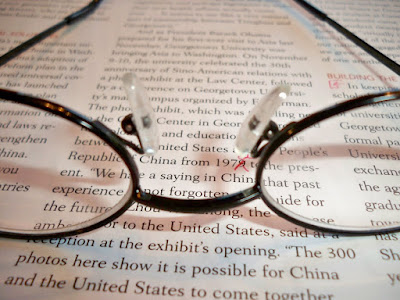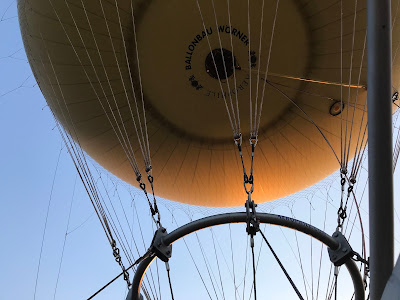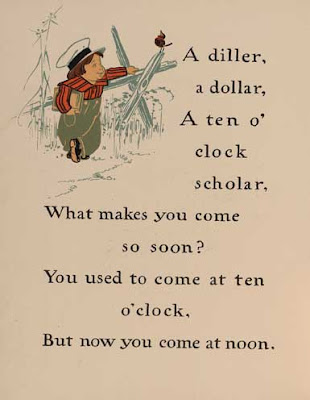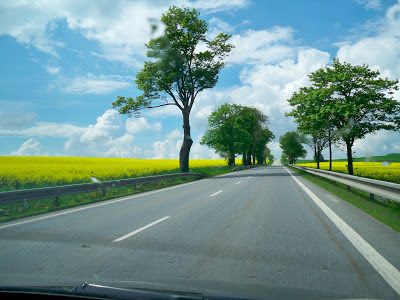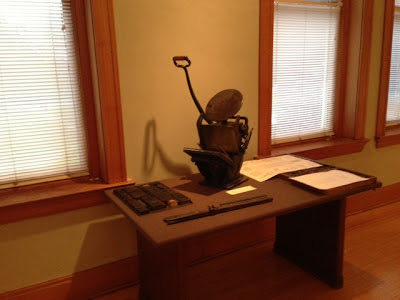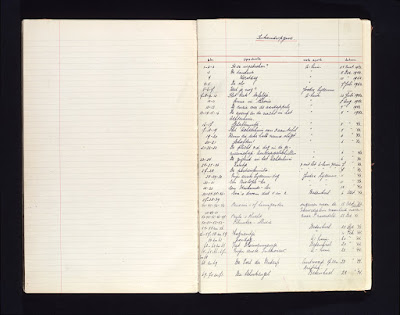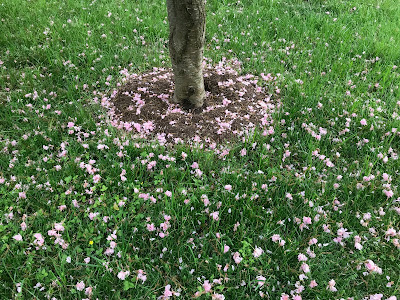Soporific
Last November, I took the National Novel Writing Month challenge and produced 54,000 or so words of fiction in 30 days. The idea is to punch out a draft, and punch it out I did. But at the end of the month I tucked it away on my computer hard drive and barely looked at it again.
Until my recent getaway, that is. Curious to see just how bad this thing was, I opened it up, held my breath and started reading. And I learned that, well, it wasn’t as terrible as I thought it would be. Which is not to say that it’s ready for the New York Times bestseller list — or for any eyes other than my own. But it has a couple of likable characters.
This morning, I discovered that the novel, which I call For Sale, has another attribute. I’d been trying to read myself back to sleep for almost two hours without success. But after 10 minutes of For Sale I was out like a light.
Perhaps this could be a marketing tool. Watch out, Ambien, here I come!
